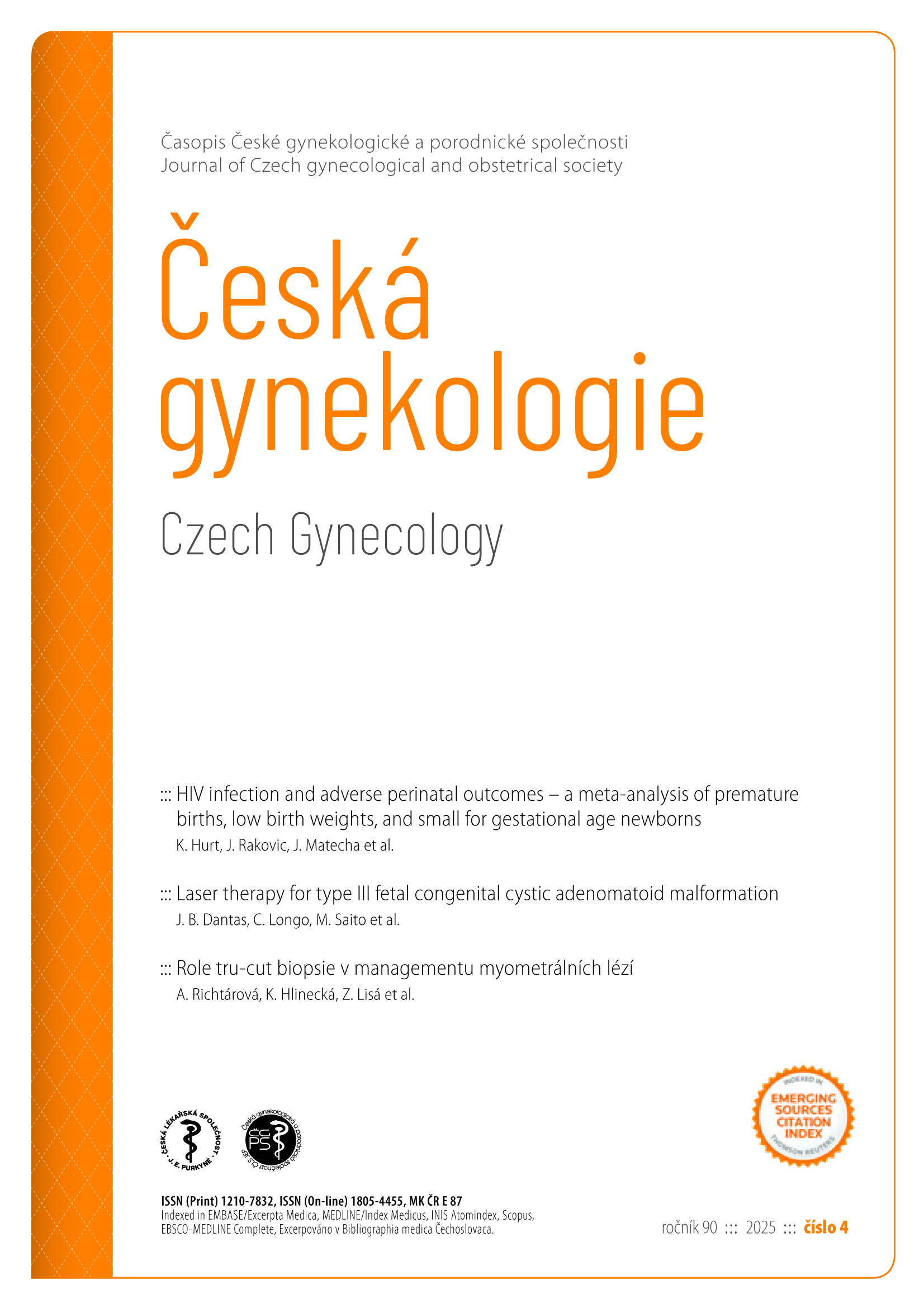Can anti-Müllerian hormone predict positive sperm retrieval in men with idiopathic non-obstructive azoospermia?
Keywords:
idiopathic non-obstructive azoospermia, Anti-Müllerian hormone, microdissection testicular sperm extraction, sperm retrieval, biomarker, male infertilityAbstract
Objective: To evaluate whether serum anti-Müllerian hormone (AMH) levels can predict sperm retrieval (SR) outcomes in men with idiopathic non-obstructive azoospermia (iNOA) undergoing microdissection testicular sperm extraction (mTESE), and to develop a predictive model that may inform clinical decision-making. Materials and methods: This retrospective, multicenter cohort study included 72 men diagnosed with iNOA who underwent mTESE between December 2022 and May 2023 at two IVF centers in Turkey. Serum AMH and follicle stimulating hormone (FSH) levels were measured prior to surgery. Patients were categorized into TESE-positive (+SR) and TESE-negative (−SR) groups based on the presence of spermatozoa in testicular tissue. Hormonal and clinical parameters were compared between groups, and a multivariate logistic regression model was constructed to identify independent predictors of SR outcome. Receiver operating characteristic (ROC) curve analysis was performed to determine the diagnostic accuracy and optimal cutoff values for AMH and FSH. Results: Out of 72 patients, 37 (51.4%) had successful SR and 35 (48.6%) did not. Median AMH and FSH levels were significantly higher in the −SR group (P = 0.001 and P = 0.044, resp.). Multivariate logistic regression analysis identified serum AMH as the only independent predictor of positive SR outcome (P < 0.001). ROC analysis revealed excellent diagnostic performance for AMH (AUC = 0.909), with an optimal cutoff value of 3.4 ng/mL yielding 75.68% sensitivity, 91.43% specificity, 90.32% positive predictive value, and 78.05% negative predictive value (P = 0.001). Higher AMH levels were significantly associated with negative SR outcomes. Conclusion: Serum AMH level is a reliable, non-invasive biomarker for predicting SR outcomes in men with iNOA undergoing mTESE. An AMH level > 3.4 ng/mL is significantly associated with a lower probability of sperm retrieval. Incorporating AMH into preoperative assessment may help avoid unnecessary surgical procedures and guide clinical counseling in male infertility management.


